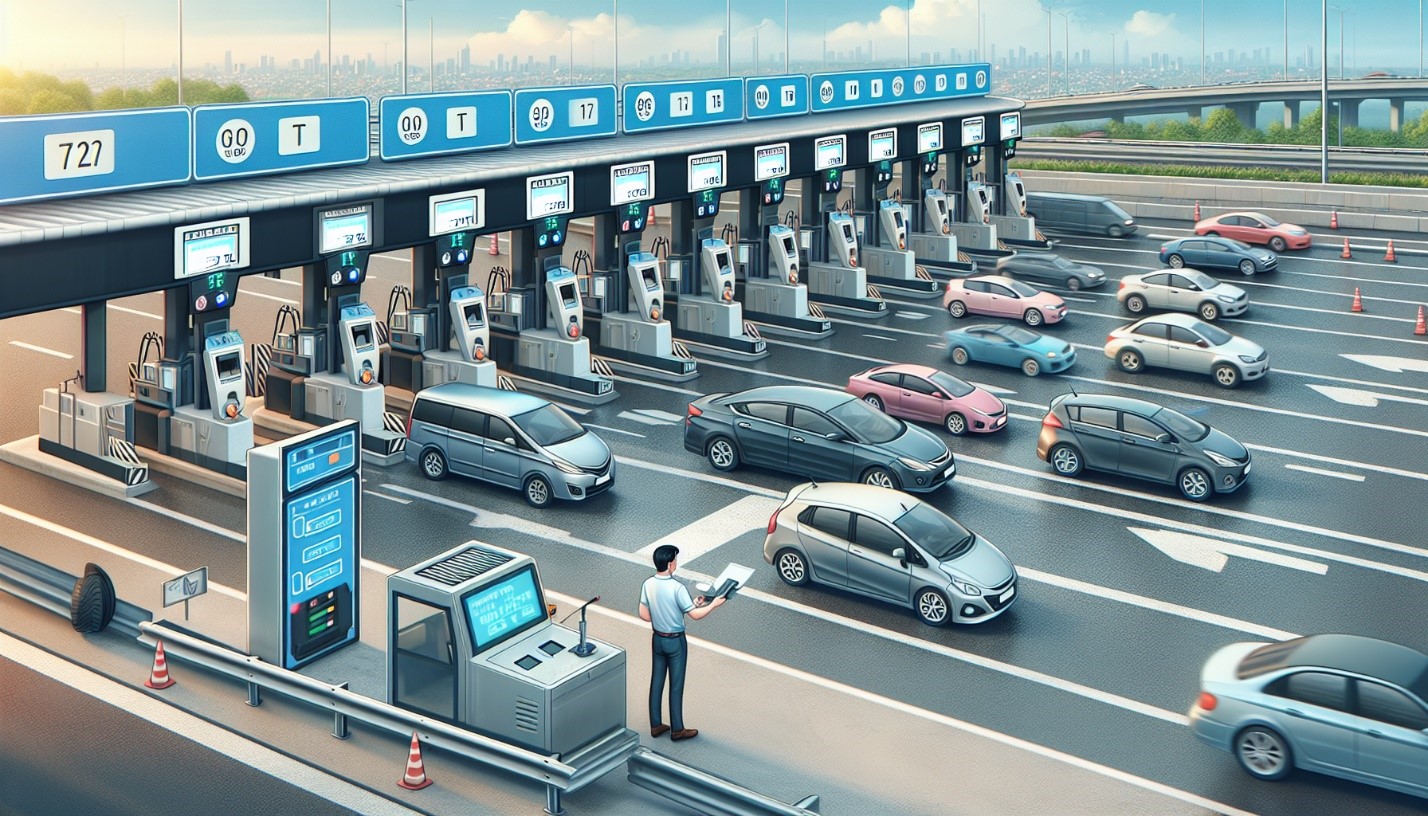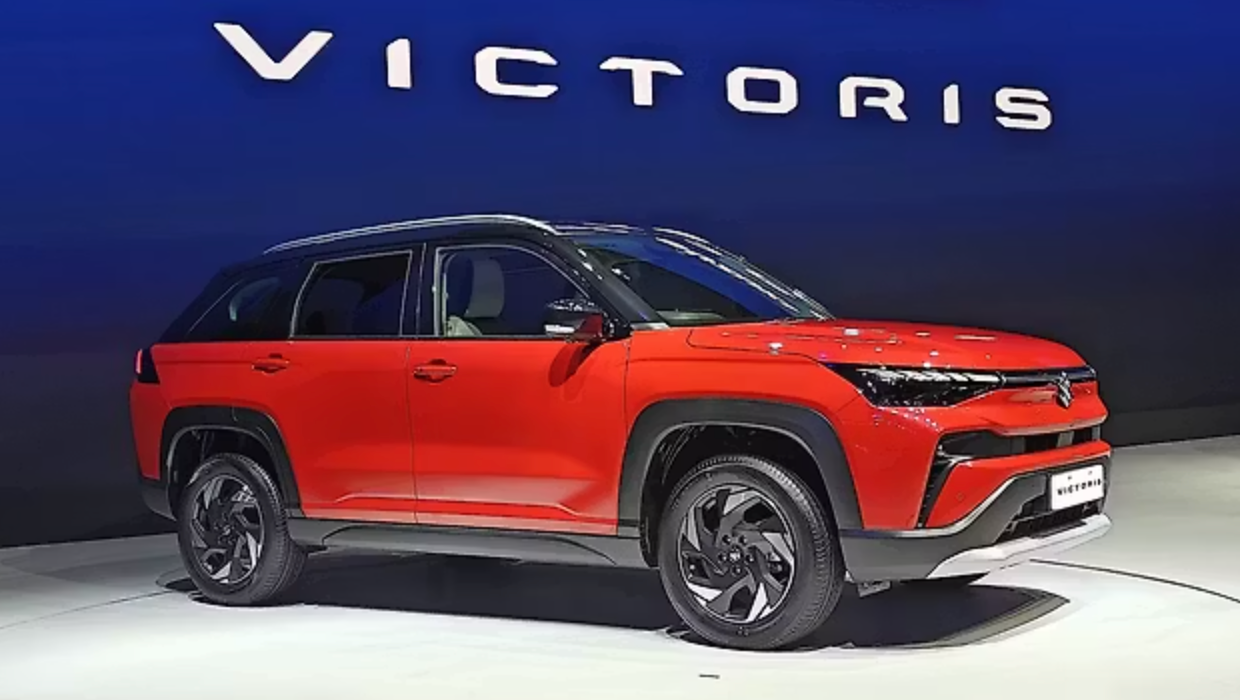In the realm of transportation infrastructure, Union Minister Nitin Gadkari is spearheading a groundbreaking initiative aimed at revolutionizing toll collection systems across highways. While Fastag marked a significant leap forward in toll payment efficiency, Gadkari envisions a future where toll plazas and Fastags become relics of the past, replaced by a cutting-edge satellite-based toll collection system. Let’s delve into the intricacies of this innovative technology and understand how it stands to reshape the landscape of toll collection.

Understanding GPS-Based Toll Collection
Evolution from Cash to Fastag
Traditionally, toll payments on highways involved cumbersome cash transactions or card payments at toll plazas, often leading to long queues and traffic congestion. The introduction of Fastags in 2014 revolutionized this process, streamlining toll payments and enhancing efficiency. However, despite the widespread adoption of Fastags, challenges such as traffic congestion at toll plazas persisted, particularly for large commercial vehicles.
Enter GPS-Based Toll Collection
Nitin Gadkari’s vision for toll collection transcends the limitations of traditional methods and Fastags. The proposed GPS-based toll collection system leverages cutting-edge satellite technology and vehicle tracking systems to calculate toll charges based on the distance traveled by vehicles. Unlike conventional toll plazas or Fastag scanners, this system eliminates the need for vehicles to decelerate or stop, significantly reducing traffic congestion and streamlining the toll payment process.
Unraveling the Mechanics: How Does It Work?
Satellite-Powered Precision
The GPS-based toll collection system operates by harnessing the power of satellites to track vehicle movement accurately. Vehicles equipped with tracking devices communicate with satellites to relay real-time location data, allowing for precise calculation of the distance traveled on toll roads. Toll charges are then automatically calculated based on the distance covered, eliminating the need for physical toll booths or Fastag scanners.
Seamless and Efficient
By eliminating the need for vehicles to stop or slow down at toll plazas, the GPS-based toll collection system offers unparalleled efficiency and convenience for motorists. Whether commuting in personal vehicles or operating commercial fleets, drivers can experience seamless toll payments without disruptions to their journey, thereby saving valuable time and reducing fuel consumption.
Anticipating the Future: Benefits and Implications
Enhanced Mobility and Efficiency
The adoption of a satellite-based toll collection system promises to revolutionize the transportation sector, offering enhanced mobility and efficiency on highways. With reduced congestion at toll plazas and smoother traffic flow, motorists can enjoy expedited journeys and improved overall travel experiences.
Environmental and Economic Impact
In addition to enhancing convenience for travelers, the transition to GPS-based toll collection holds promising environmental and economic benefits. By minimizing traffic congestion and reducing fuel consumption associated with idling at toll plazas, the system contributes to lower carbon emissions and operational costs for vehicle owners and fleet operators.
FAQs:
Q: How does GPS-based toll collection differ from Fastag?
A: GPS-based toll collection utilizes satellite technology to calculate toll charges based on distance traveled, eliminating the need for physical toll booths or Fastag scanners.
Q: Will vehicles need special equipment for GPS-based toll collection?
A: Yes, vehicles will require tracking devices compatible with the GPS-based toll collection system to facilitate accurate distance measurement.
Q: What are the potential benefits of GPS-based toll collection for motorists?
A: GPS-based toll collection offers motorists seamless toll payments without the need to stop or slow down at toll plazas, resulting in reduced travel times and improved overall convenience.




